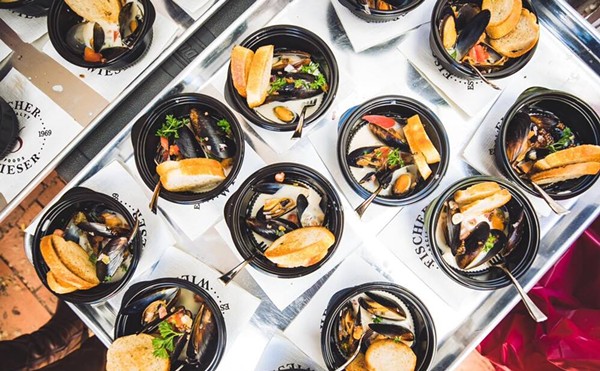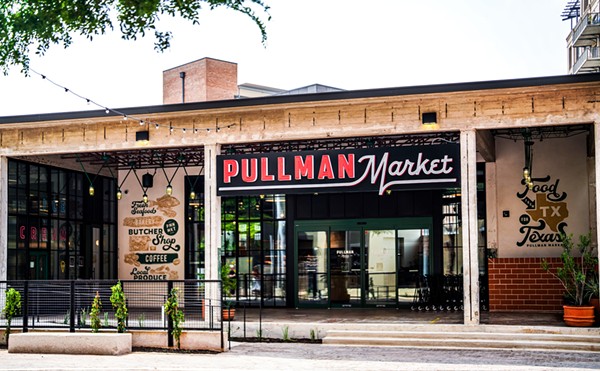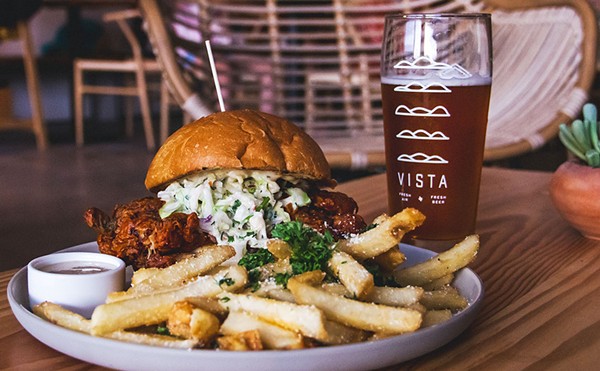If you don’t like fiction, skip to the back of Lara Vapnyar’s new collection of fiction to find six recipes and a cooking commentary. In the book’s final section, the author, who admits to minimal culinary expertise, recounts her struggles preparing Russian fare in the rented trailer in which she, her husband, and their two children spend the summer. Among recipes for spinach, meatballs, cold borscht, hot borscht, and broccoli, Salad Olivier, which Vapnyar calls “the Russian’s Thanksgiving turkey,” is the pièce de résistance.
Yet I resist. “I can’t think of any other holiday dish that would come close to Salad Olivier in popularity,” Vapnyar, who departed her native
I don’t. A willing suspension of disbelief should not induce gastritis. Nevertheless, though I cannot swallow this literary chef’s house special, Vapnyar earns my trust in her fictions, delicate evocations of desolate immigrant lives. “Life is life,” says a newcomer who supplements her salary as nanny with a side of prostitution, “and the only way to live it is to take all the shit that comes with it.” Now that’s a recipe worth the price of a book.
Vapnyar’s first book, There Are Jews in My House (2003), was a triumph of translingual virtuosity, remarkably poised stories by an author who nine years before had arrived in New York from Moscow with just a few English words to spend. Memoirs of a Muse, a novel about a Russian émigrée who, emulating Apollinaria Suslova’s relationship to Fyodor Dostoyevsky, aspires to inspire a great American novelist, appeared in 2006. Like There Are Jews in My House, Vapnyar’s latest book, Broccoli and Other Tales of Food and Love, consists of six short stories, and it, too, opens with a vegetable — the image of “pulling a bunch of wilted broccoli from the refrigerator shelf.” (The first book began: “Galina carried an aluminum pot of boiled potatoes, holding it by the handles with a kitchen towel.”) Vapnyar is a subtle analyst of the appetites that men and women import with them from
It also can be lethal. In “
In “A Bunch of Broccoli on the Third Shelf,” Nina shops for exotic produce — kiwis, gooseberries, white asparagus — to distract her from a dreary job and an empty marriage. In “Borscht,” hot beet soup provides Sergei bitter consolation for sexual impotence and the anguish of being torn between
Unlike other younger Jewish authors such as Gary Shteyngart and David Bezmozgis who left Eastern Europe as children, Vapnyar came to
Broccoli and Other Tales of Food and Love
By Lara Vapnyar
Pantheon
$20, 160 pages















